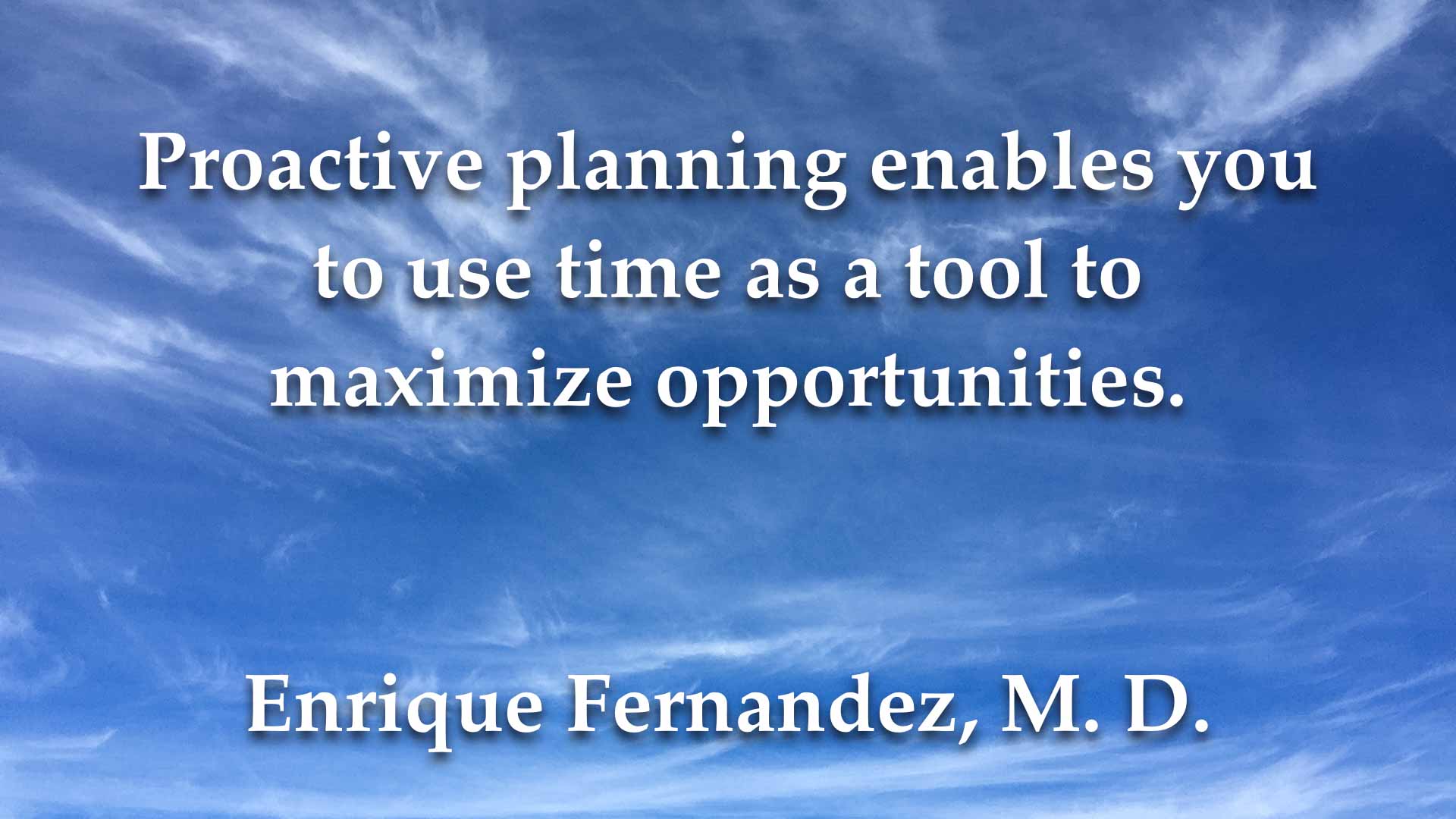Strategic Planning to Transition from Your Career

“Planned & Purposeful” – 2022
Harriman State Park, ID
Key Considerations for an Effective Transition Strategy
For years, you have built and nurtured your professional practice or business, dedicating yourself to its success. Now, as the time approaches to step away, you reflect on the journey—your achievements, the challenges overcome, and the legacy you will leave behind.
With this moment of reflection comes an essential decision: What will become of your practice or business? Should you transition it to someone else, or should you close it entirely? While the question may seem straightforward, arriving at an answer is anything but simple.
Some find this to be a natural progression, an expected phase of their professional evolution. Others find it an overwhelming challenge, filled with uncertainty and difficult choices. Why such a range of experiences? Much of it depends on the circumstances surrounding the transition and how well one has prepared for it.
Planning Ahead: The Power of a Proactive Transition
Transitions often begin with a pivotal realization that the time to move forward is near. For some, this recognition comes with a sense of readiness and motivation to plan ahead. This is known as a developmental transition, an intentional and proactive approach to change.
When a transition is developmental, individuals often begin preparing several years in advance—ideally five years or more. This foresight allows for multiple options, such as bringing in a successor, structuring a private sale, or negotiating an acquisition by a financial institution. If the transition timeline is shorter, however, these options may no longer be viable, leaving the individual with fewer choices, such as liquidating assets and closing operations.
A developmental transition provides a clear advantage: time. With a well-planned strategy, one can prepare for foreseeable challenges while remaining adaptable to unforeseen circumstances. This is especially important in the later years of a career, as unexpected health issues or personal changes can arise at any time.
From Crisis to Clarity: Handling an Unplanned Transition
In contrast, a reactive transition is often the result of a sudden and unplanned event—one that forces an immediate shift in direction. Whether due to health concerns, financial pressures, or personal circumstances, such an unexpected turn compels the individual to act swiftly, often with limited choices.
A reactive transition can feel like a crisis, requiring rapid decision-making and the ability to navigate uncertainty. The options available under such circumstances may be constrained, and in many cases, selling the practice or business assets and closing down operations may be the most practical solution. While this path still demands significant planning and execution, it is often more manageable than other alternatives within a compressed timeframe.
If this scenario resonates with you, know that you are not alone. Many professionals, including myself, have faced similar challenges. The key is to approach the situation with clarity, focus, and an understanding of the most viable course of action.
Creating a New Future: Steps Toward a Fulfilling Transition
Ultimately, the choice of whether to sell or close your enterprise is deeply personal and should align with your long-term aspirations. However, as you navigate this decision, another crucial factor to consider is the timeline of your transition.
If you opt for a succession or an outright sale, be prepared for a transition period that could span several years. Even in the best of circumstances, these arrangements take time to finalize, impacting your ability to move forward with new endeavors.
Conversely, closing your practice or business offers an alternative that provides greater control and a more definitive endpoint. The process is often less complicated, requires a shorter time frame, and allows for greater personal flexibility in planning your next steps. While residual administrative tasks may remain, they tend to be more manageable, enabling a smoother transition into the next phase of your life.
Whichever path you choose, ensuring that it aligns with your needs, values, and vision for the future is paramount. Taking deliberate steps toward planning and preparation will empower you to transition with confidence.
My best wishes to you and your loved ones as you embark on this significant journey!
Plan. Prepare. Prosper. TM
PS: Would you like to learn more about how to transition successfully from your career? I provide services to physicians, non-medical professionals, corporate executives, businessmen and entrepreneurs that are tailored to their specific needs. Click here to request an introductory conversation.
If you would like to learn about another way that I can guide you, check out this brief video that describes my unique online course:
The Practice Transition Course for Physicians. TM
 “Immeasurable”– 2017
“Immeasurable”– 2017
USA
![]()
ACCESS FREE GUIDE:
How to Transition Successfully from Your Career -
The Core Concerns
